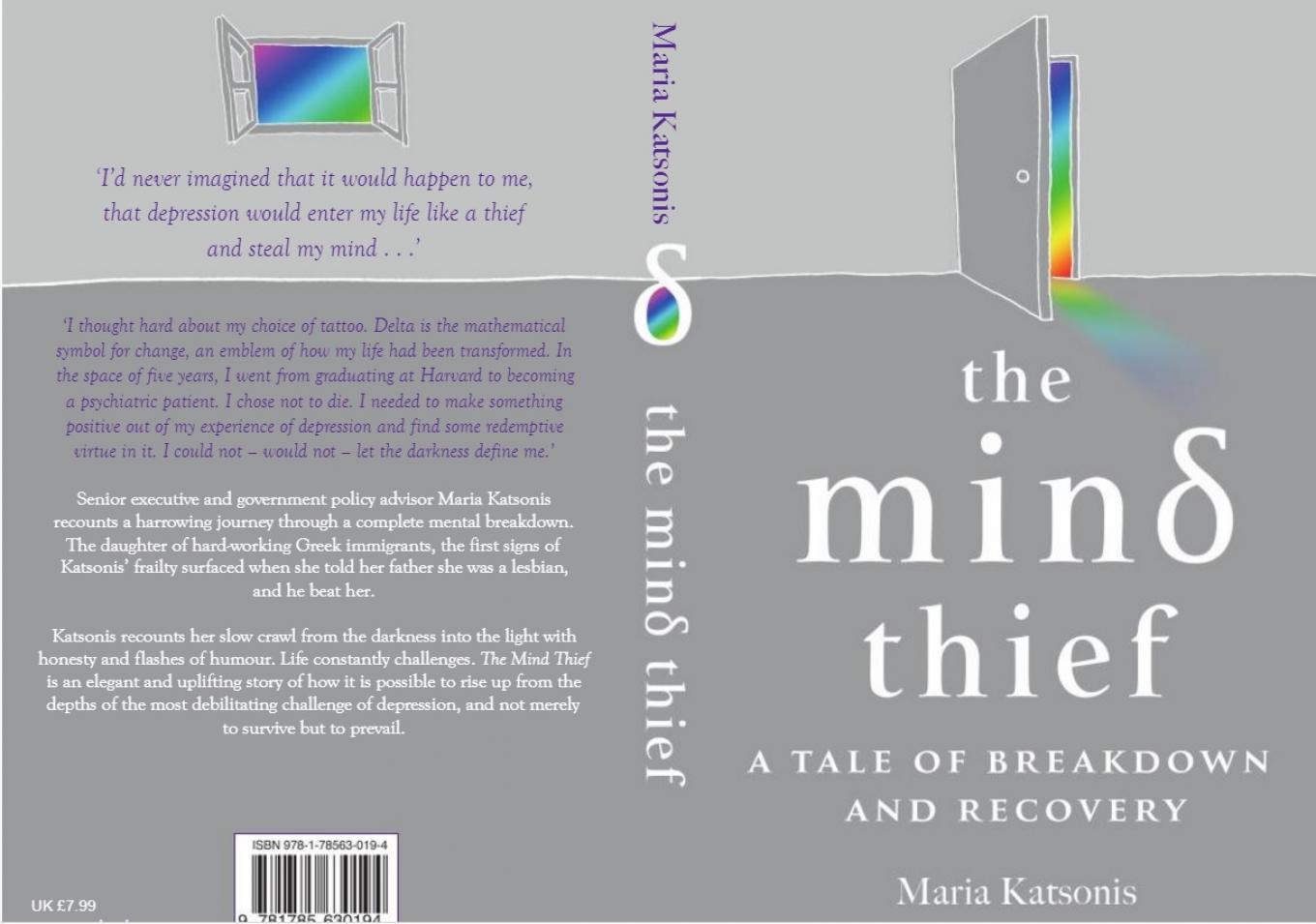Saturday 28th of May 2016
This week is Mental Health Awareness Week in the UK which aims to educate the community about mental health issues and to promote better mental health.
I never thought twice about my mental health until depression entered my life like a thief and stole my mind. The episode plunged me into darkness, robbing me of the ability to perform the most basic of tasks. I sank deeper and deeper into the abyss until I could no longer manage and had to be hospitalised for five weeks.
Until my depression, I took my mental health for granted. When I was mentally well, I didn't think twice about being able to appreciate the simple things in life - reading a book, a leisurely walk by the sea, or enjoying the company of good friends. It took the debilitating experience of depression and the loss of these simple things for me to realise the importance of mental wellness. Interestingly, there isn't a clear-cut definition of mental wellness. It is often defined by its absence and the presence of depression, anxiety or any of the other mental illnesses that will affect one in five people during their lifetime.
The World Health Organisation views mental health as more than the absence of mental illness. It sees it as integral to individuals, families and communities, and as "a state of wellbeing in which the individual realises his or her own abilities, can cope with the normal stresses of life, can work productively and fruitfully, and is able to make a contribution to his or her community". It is a positive view in which mental health provides the foundation for wellbeing, allowing us to fully participate in life.

Although mental wellbeing and physical wellbeing are closely intertwined, more attention is paid to maintaining physical wellbeing. Most of us are well versed in what we need to do to stay physically well, either through health promotion campaigns, advice from our doctor or the media. We are continually reminded to exercise 30 minutes a day; eat less fat, sugar and salt and more whole grains and green, leafy vegetables; drink moderately; wear sunscreen and a hat; take the stairs; and so the list goes on.
There isn't nearly as much focus on what we need to do to be mentally well. It is only because of my illness that my mental wellness has become a priority and I now have a mental wellness plan. It includes the obvious, such as taking my medication and regular appointments with my doctor, psychiatrist and psychologist. But it also includes fresh air and sunshine, taking a lunch break at work, staying connected with friends and family, eating well, and spending time with my nephews. During my recovery, I discovered the healing power of children who brought much joy and light to my life. They banish the darkness and help me maintain an inner equilibrium.
But as I have discovered, the absence of depression does not necessarily equate with happiness. It just means a more stable mood. When I was in the psych hospital, I attended numerous workshops on mental health and staying well. During one such workshop, the counsellor presented a simple prescription for happiness: someone or something to love; something to do that you are passionate about; and something to look forward to. For me, it is a prescription that has made a fundamental difference to how I now choose to live, as have the lessons from my depression.
They say an apple a day keeps the doctor away. While it's not as simple to keep mental illness at bay, we all need to pay attention to our mental wellness, irrespective of whether we have a mental illness or not. This week is a timely reminder to attend to our mental health. So as you read this, think about how you can celebrate Mental Health Awareness Week - perhaps take a walk during a work break, participate in one of the many events during the week or develop your own mental wellness plan. Happy Mental Health Awareness Week.
My memoir, The Good Greek Girl, is being published as The Mind Thief in the UK in July 2016